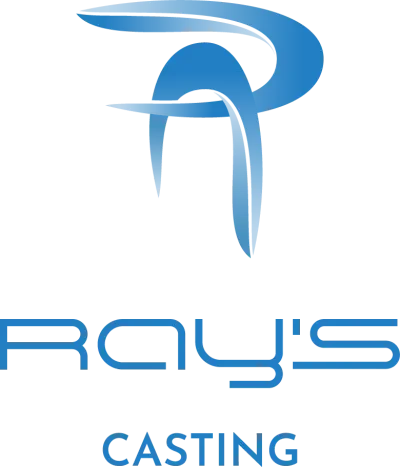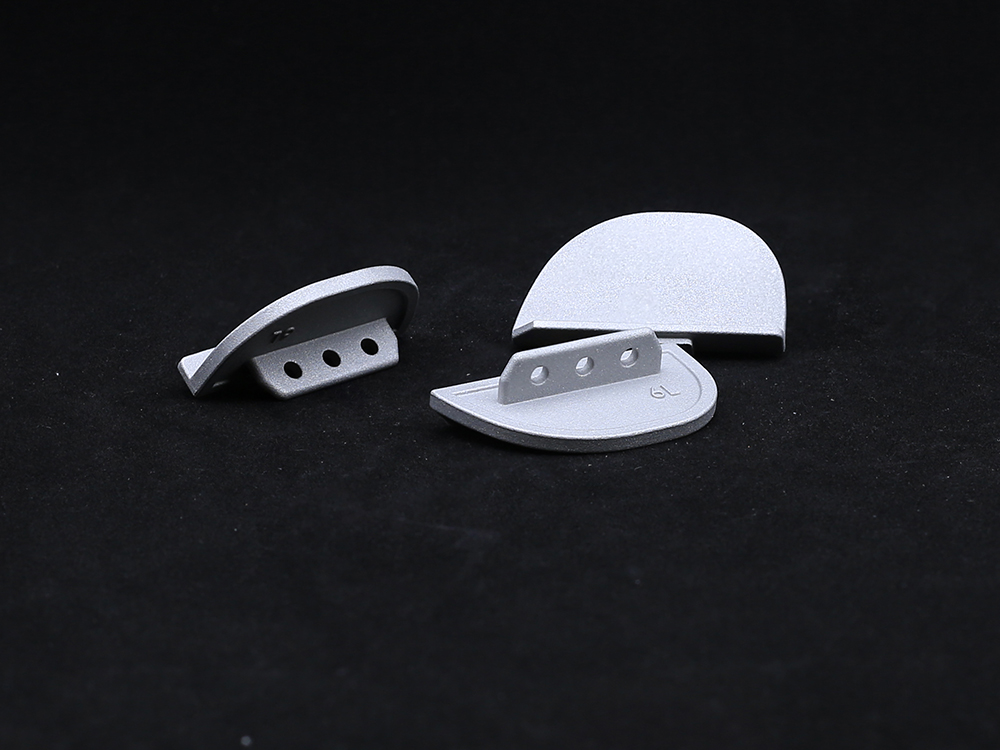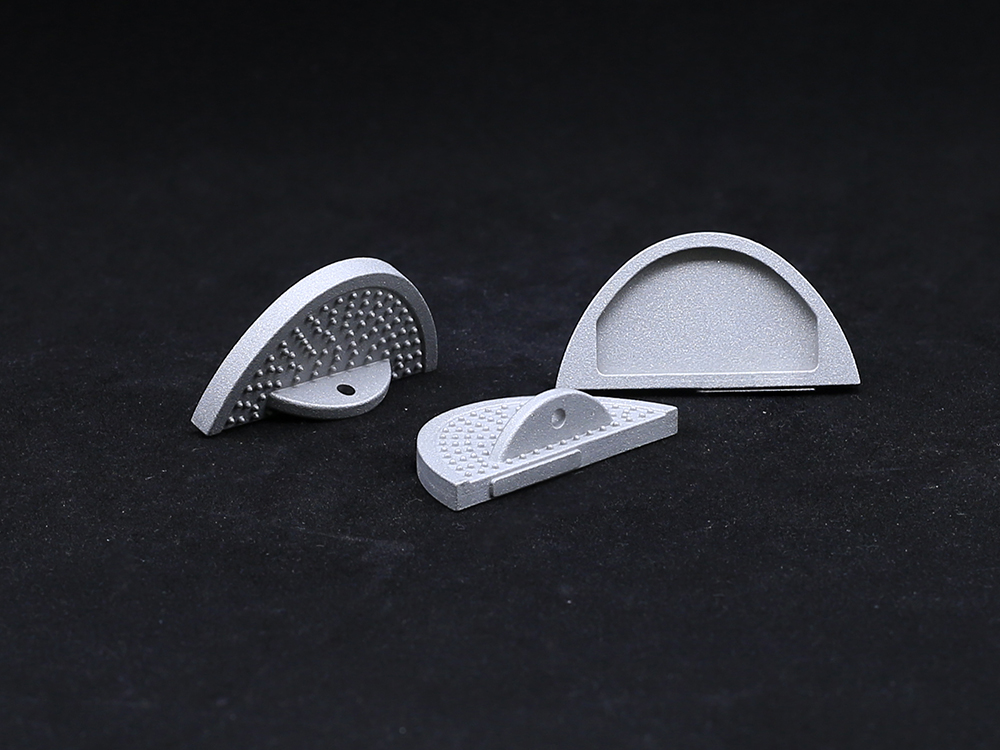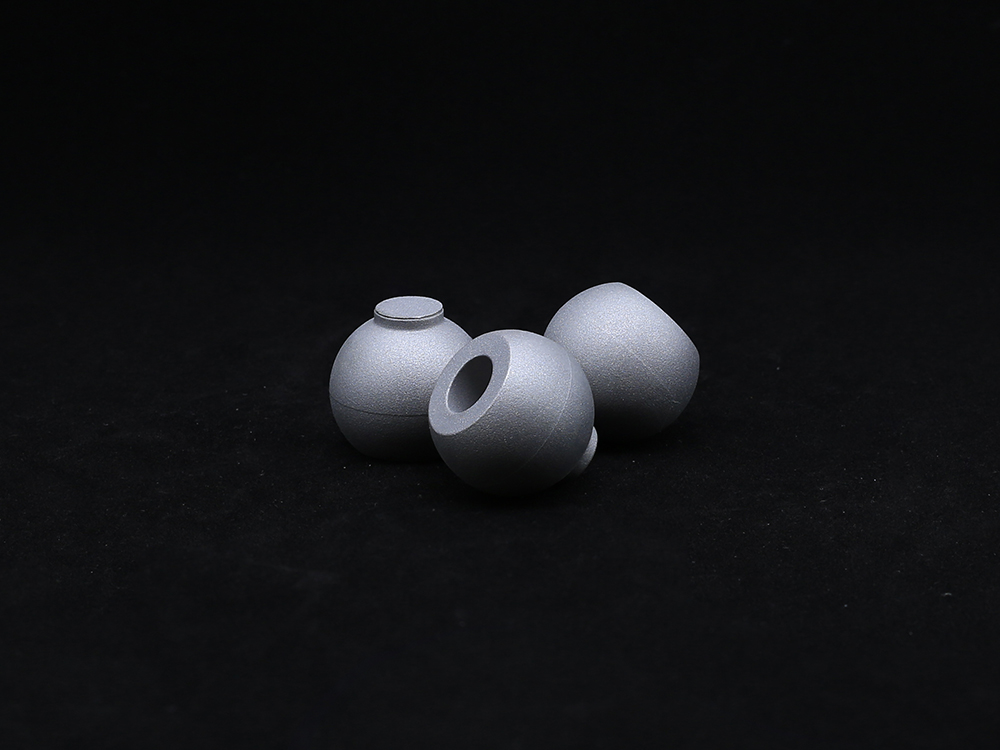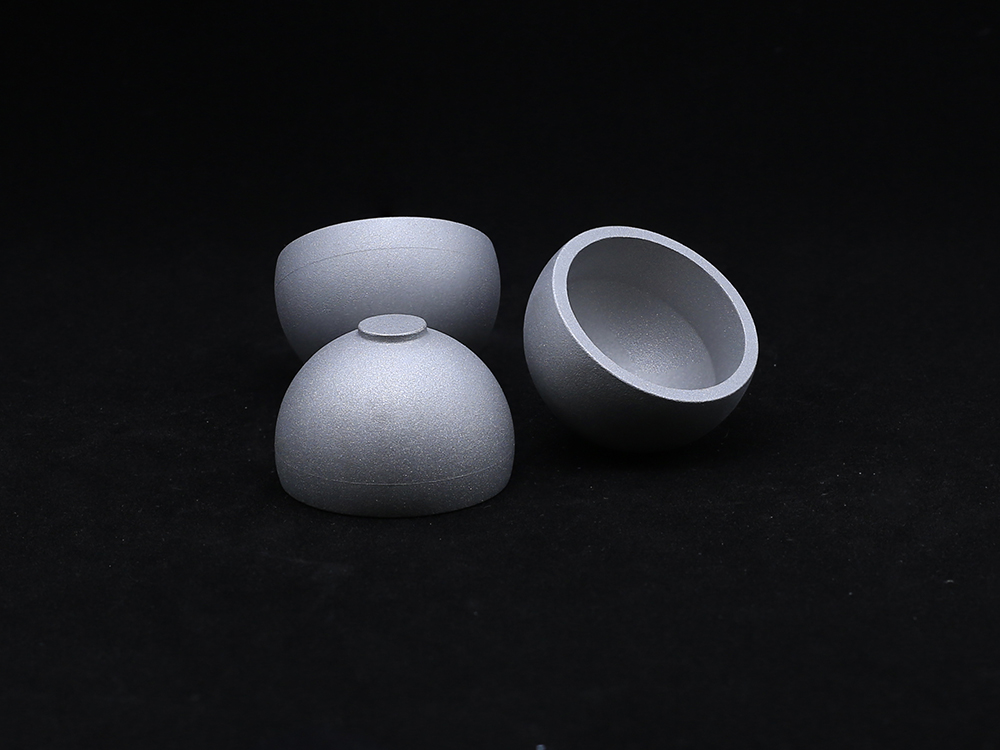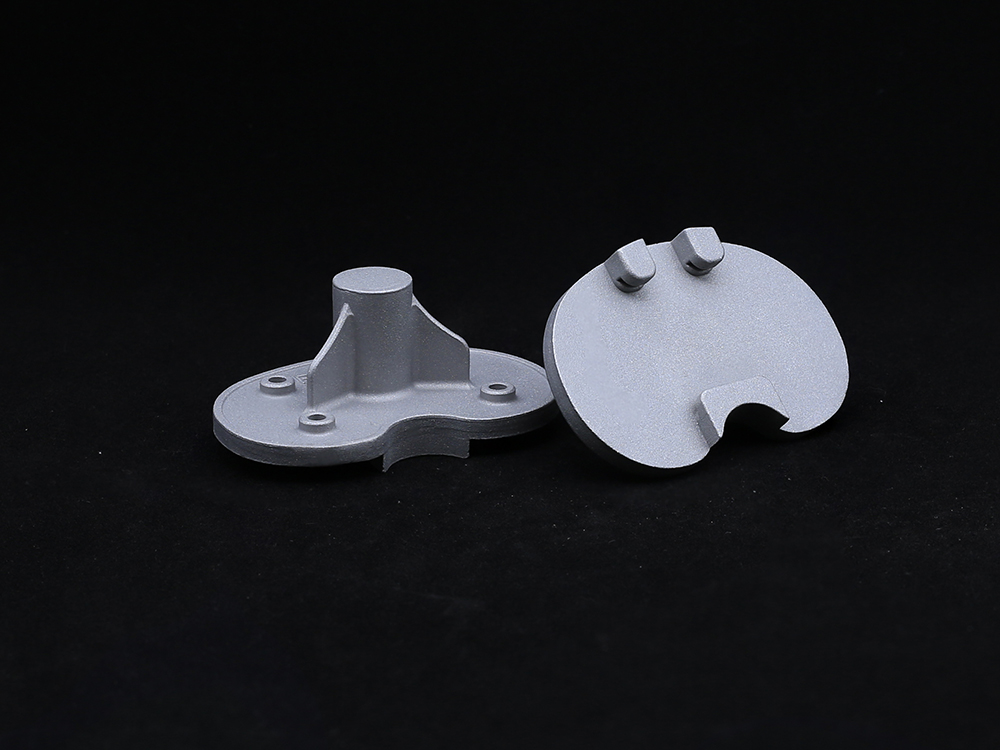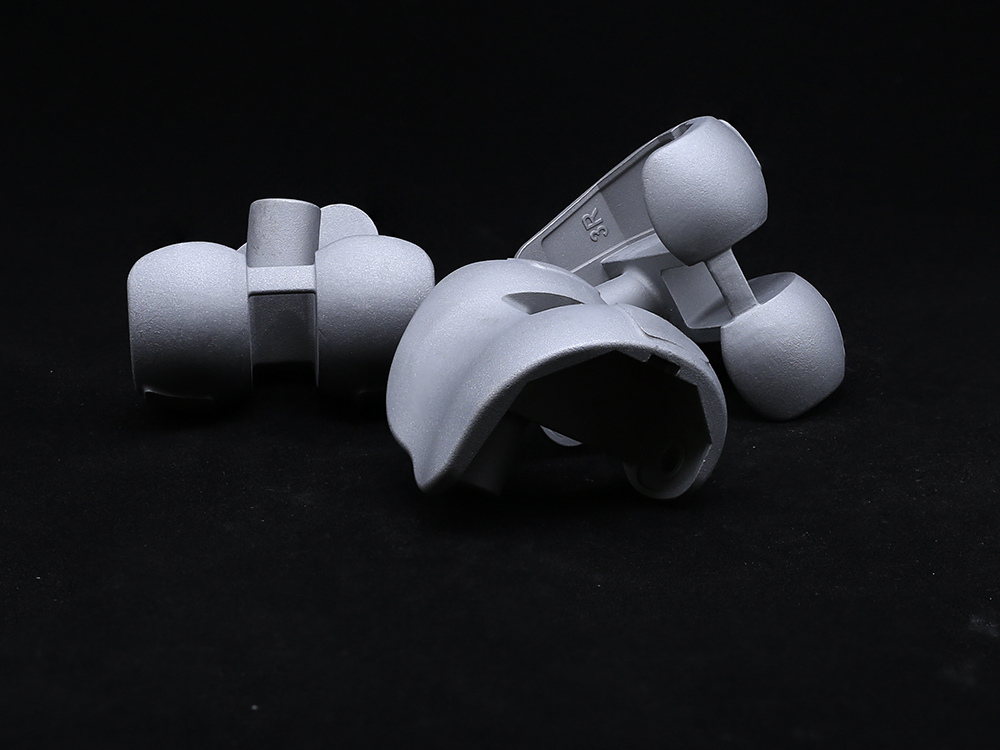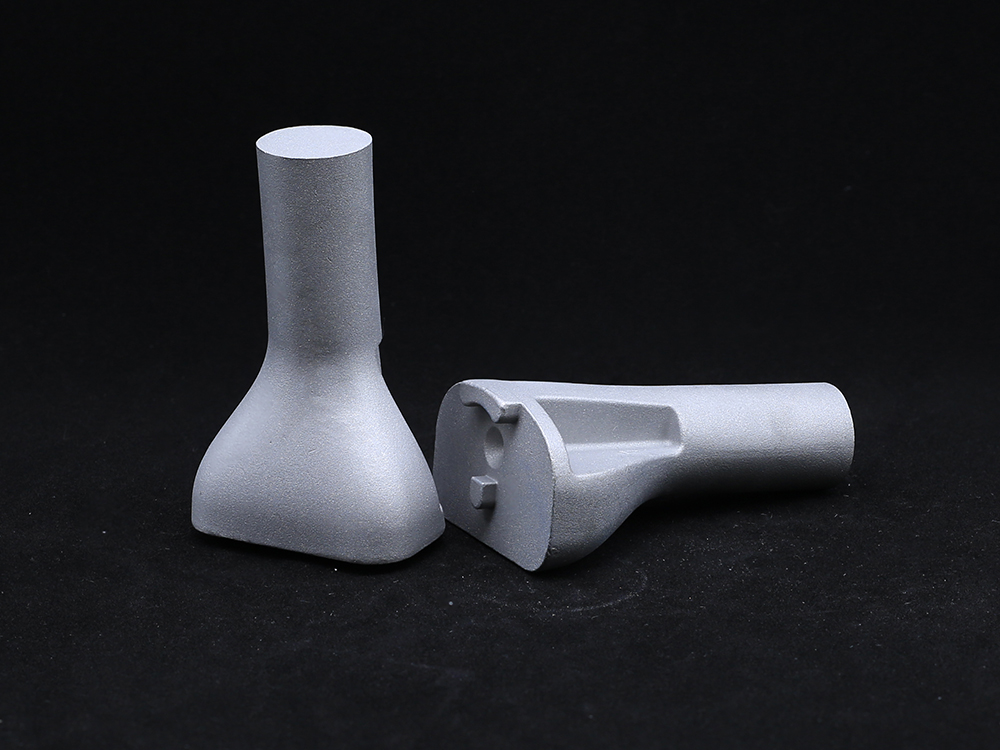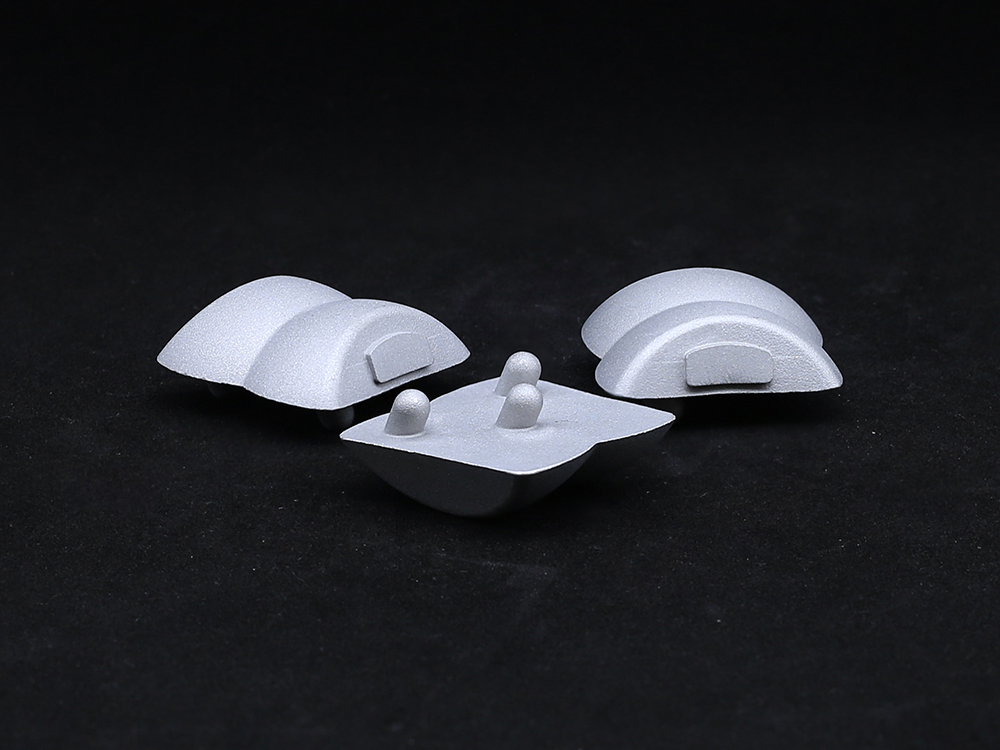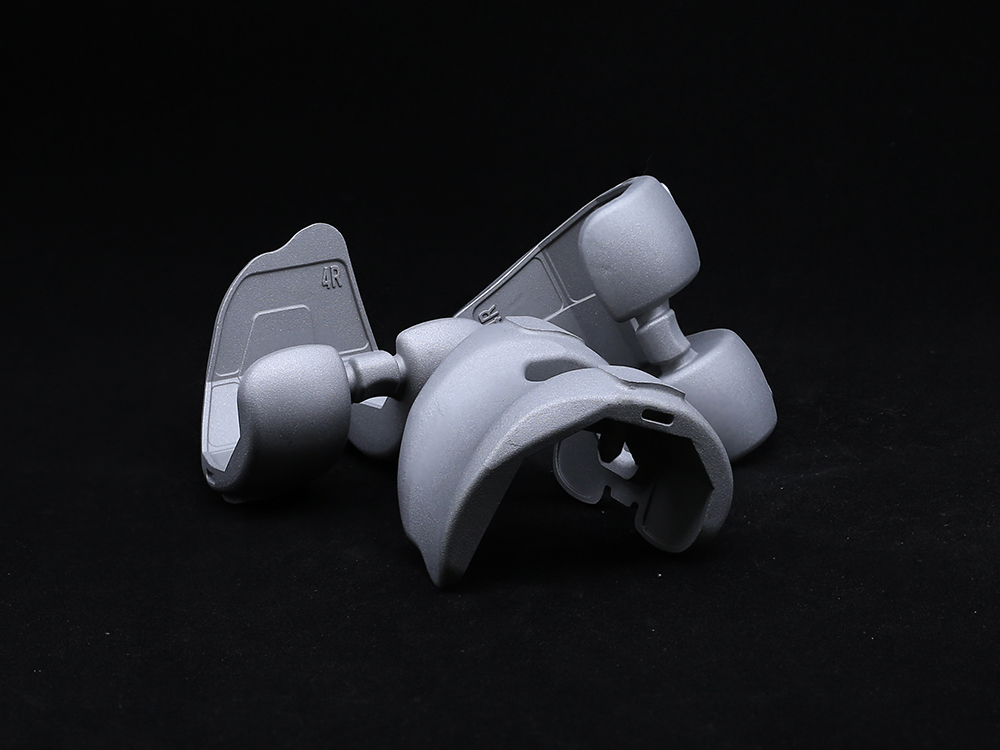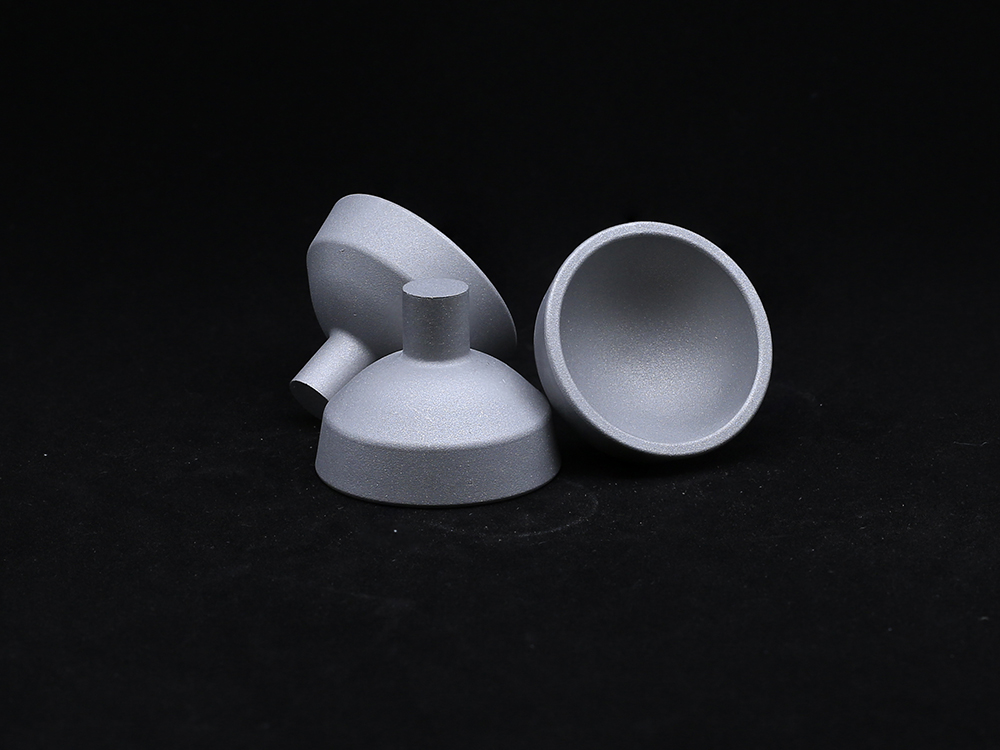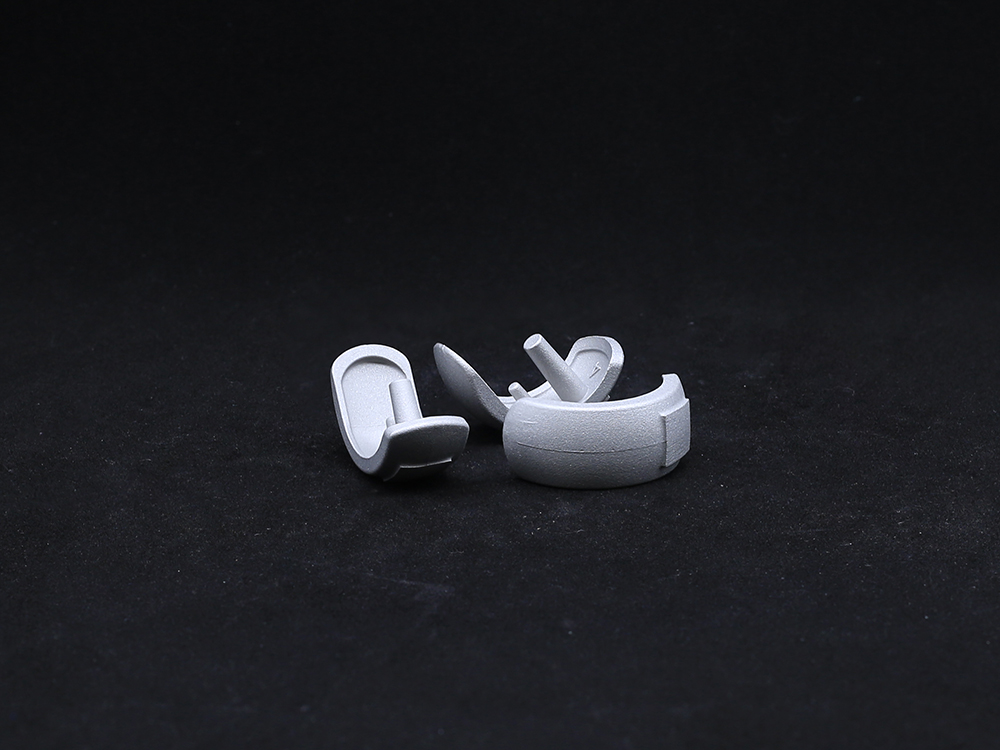Humeral Head Solutions Enhanced by AI | gpt-4-turbo
Humeral Head – a core component in the field of industrial valves, pipeline engineering, metallurgy, petrochemicals and fluid mechanics – signifies both a technological challenge and an opportunity for global manufacturers. This article delivers an all-round, data-backed analysis focused on Humeral Head by providing industry trends, detailed technical parameters, process diagrams, and real application cases to support engineers, procurement specialists, and industrial investors in making informed, confident decisions.
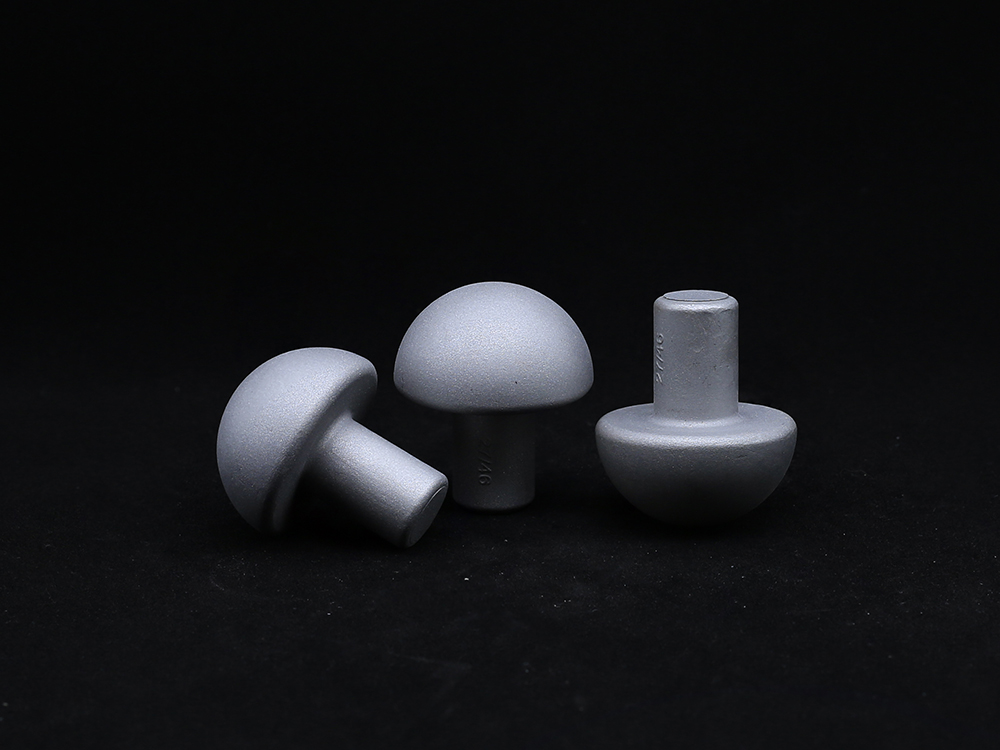
Industry Overview and Trends of Humeral Head in 2024
Global demand for high-precision Humeral Head components has grown at a CAGR of 6.3% from 2019-2023, driven by rapid expansions in petrochemical, metallurgical, shipping, water treatment, and medical engineering industries. According to Industry Reports (MRFR, 2023), the international market size for valve-related forged and cast parts, including Humeral Head, exceeded USD 8.6 billion in 2023, expected to surpass USD 11.0 billion by 2028.
Key drivers:
- Stringent safety standards (ISO 9001:2015, ANSI B16.34, API 6D/600) propelling high-precision and high-integrity product demand.
- Extensive applications in corrosive, high-pressure, and high-temperature environments.
- Continuous progress in casting, forging, and CNC finishing technology.
Technical Parameters & Spec Sheet of Humeral Head
| Parameter | Specification/Range | Industry Standard | Notes |
|---|---|---|---|
| Material | ASTM A105 (Carbon Steel), ASTM A182 F316/F304 (Stainless), Duplex Alloy, Customized as per demand | ASTM/AISI, ISO 9001:2015 | Material chosen for process and environment |
| Process | Casting, Forging, CNC Machining | ISO 8062, ANSI B16.34 | Process selected by application |
| Size Range | Ø35 mm – Ø800 mm (customized) | Customer/Industry Specs | Common: 2", 4", 6" |
| Surface Finish | Ra ≤ 1.6 μm, Mirror/Matte/Shot Peen | ISO 1302:2022 | Critical for sealing |
| Dimension Tolerance | ±0.05 mm up to Ø300 mm, ±0.12 mm for large sizes | ISO 286-1:2010 | Precision shapes life |
| Corrosion Resistance | Up to 1000h salt spray / NACE MRO175 | API, NACE standards | Crucial for petrochemicals |
| Pressure-Class | Class 150 – 2500 (ANSI / ASME) | ANSI, ASME B16.5 | Relates to wall thickness |
| Cycling Life | > 20,000 open/close cycles | ISO 5208 | High endurance |
Manufacturing Workflow of Humeral Head
Only certified steel billets (ASTM/AISI) are sourced. Batch mill certificates are mandatory.
Induction heating for forging or mold pouring for casting. Process determined by required mechanical properties and application sector.
Five-axis CNC or vertical lathe applied for contour, dimensional tolerances, and mounting features.
Normalizing/tempering as per ISO 10474 to guarantee grain structure, reduce stress, and achieve design hardness.
Blasting, pickling, polishing, and (if required) anti-corrosion coating as per project specs (NACE, FBE, galvanized, etc.)
Sizes: CMM inspection. Defects: UT/MT/PT as per ISO 9712. All dimensions, surfaces, and welds (if any) must pass QC.
Vacuum protected / anti-corrosion packing, customer logo, and full traceability certificate delivered.

- Industry Standards: ISO 9001, ANSI B16.34, API 6D, NACE MR0175, GB/T 1220, ISO 9712 NDT
- Reliability & Longevity: Life cycle tested up to 20,000+ cycles; typical service life 20 years (corrosive fluid) or 30+ years (normal condition) with proper maintenance.
- Applications: Oil & Gas pipelines, chemical reactors, water plants, metallurgy/iron works, power plants, valve OEMs & repair services.
Data-driven Comparison: Major Humeral Head Manufacturers
| Supplier | Main Craft | Supported Size (mm) | Certifications | Global Supply | Lead Time | Warranty |
|---|---|---|---|---|---|---|
| Rays Casting (View) | Forging+CNC+FBE/Polishing | 35–800 | ISO, ANSI, API, NACE | 56 Countries | 15–38 Days | 3 Years |
| Bonney Forge | Forging+Machining | 40–500 | ISO, API, PED | 42 Countries | 30–45 Days | 2 Years |
| Vogt Valves | Forged Carbon/SS | 45–600 | ISO, ASME | 18 Countries | 35–60 Days | 2 Years |
| Walworth | Steel Castings | 60–700 | API, ISO | 22 Countries | 40–65 Days | 2 Years |
| GWC Italia | Casting+Machining | 50–800 | API, ISO, CE | 38 Countries | 34–55 Days | 2 Years |
Customization & Engineering Solutions for Humeral Head
- Material: Wide selection including ASTM A350 LF2, A182-F51/F53, Monel 400/625 for critical uses
- Dimension: OEM/ODM from Ø35 mm to Ø800 mm, custom profiles, and special flow geometries
- Surface Treatment: Teflon/ENP/Fusion Bonded Epoxy/Nickel for enhanced corrosion & wear
- Testing: Hydrostatic, NDE (UT, RT, MT, PT), microstructure per ISO 10474 & client spec
- Integration: Full compatibility with ANSI/API-class valves, ends, and hydraulic systems
- Documentation: Traceability, 3.1/3.2 certificates, DVP/PPAP for OEMs
Advantages of Humeral Head in Real Application Scenarios
- High Mechanical Strength: Supports up to 3,600 psi (Class 2500) in critical pressure applications – prevents deformation and fracture in fast cycling.
- Corrosion & Abrasion Resistance: Alloyed compositions and optional coatings guarantee 3–5 times more lifespan in chemical and offshore sectors per NACE MR0175/ISO 15156.
- Precision Sealing: Ultra-low leakage certified by ISO 5208 for Class A/B tightness in fluid control valves.
- Cost-effective Lifecycle: Extended service life, minimized downtime, and lower maintenance per industry reports (Valvemagazine 2023).
- Application-specific Adaptations: Custom thermal & chemical resistant solutions for LNG, high-sour gas, and mission-critical pipelines.

Featured Case Study: Oil & Gas Pipeline EPC Project
Order: 1860 pcs Humeral Head (ASTM A182 F53)
Challenge: H2S corrosion and 2400 psi operation in desert
Solution: FEP & ENP advanced coating (+ NACE MR0175 compliance)
Result: After 16 months running, zero leakage reported, cycle test passed 31,200 times
(Verified by EPC contractor, Nov. 2023)
Feedback: “Performance exceeded both mechanical and corrosion resistance targets. Rapid engineering support and full traceability impressed the procurement and commissioning teams.”
Customer Feedback & Industry Credentials
- Certifications: ISO 9001:2015, API Q1, ANSI, CE, TUV, NACE
- Key Customers: Sinopec, Aramco, GE Oil & Gas, ENI, Siemens Water
- Service Years: 16+ years export experience; >38,000 sets annual output
- Third-party Inspections: SGS, BV, Intertek witnessed
- Warranty: Standard 36-month quality warranty with online and on-site support
FAQ: Professional Q&A for Humeral Head
A: Premium grades such as ASTM A182 F53 (Super Duplex Stainless Steel) and A105N (normalized carbon steel) are standard for high-stress applications due to their superior mechanical strength and corrosion resistance.
Q2: What is the standard size tolerance and why is it crucial?
A: Typically ±0.05 mm for sizes up to Ø300 mm. Tight tolerances guarantee reliable seal, interchangeability, and minimize installed system leakage.
Q3: What is the optimal surface finish for Humeral Head?
A: Ra ≤ 1.6 μm mirror finish is preferred for contact surfaces to ensure valve shutoff integrity and reduced friction.
Q4: Which testing standards are applied to guarantee product quality?
A: Common checks include UT (ultrasonic), MT (magnetic particle), PT (penetrant) per ISO 9712, plus hydrostatic pressure test per API 598. Full traceability is required.
Q5: How are Humeral Head products installed in a valve assembly?
A: Installation via precision press-fit or mechanical fastening; machined features align with the bonnet and stem according to ANSI and API design practices.
Q6: What is the standard warranty and aftersales support for Humeral Head?
A: Rays Casting offers a 3-year product warranty and global technical online/offline field support, meeting ISO 9001:2015 warranty norms.
Q7: Can Humeral Head be customized for high H2S or seawater applications?
A: Yes. Selection of materials like Duplex, Inconel, or advanced coatings (e.g., ENP, PTFE) ensures full compliance with NACE MR0175/ISO 15156 for sour and marine environments.
Delivery, Warranty & Customer Support
- Standard Delivery Time: 15–38 working days (custom projects 35–52 days)
- Packaging: Rust-proof, shock-resistant, individually barcoded with digital certificates
- Warranty: 36 months standard, extendable on request
- Customer Support: 24/7 technical hotline; dedicated project engineer assignment; remote video FAT (Factory Acceptance Test) available
References, Further Reading & Authority Sources
Get a Custom Solution!
Contact Us To Provide You With More Professional Services
